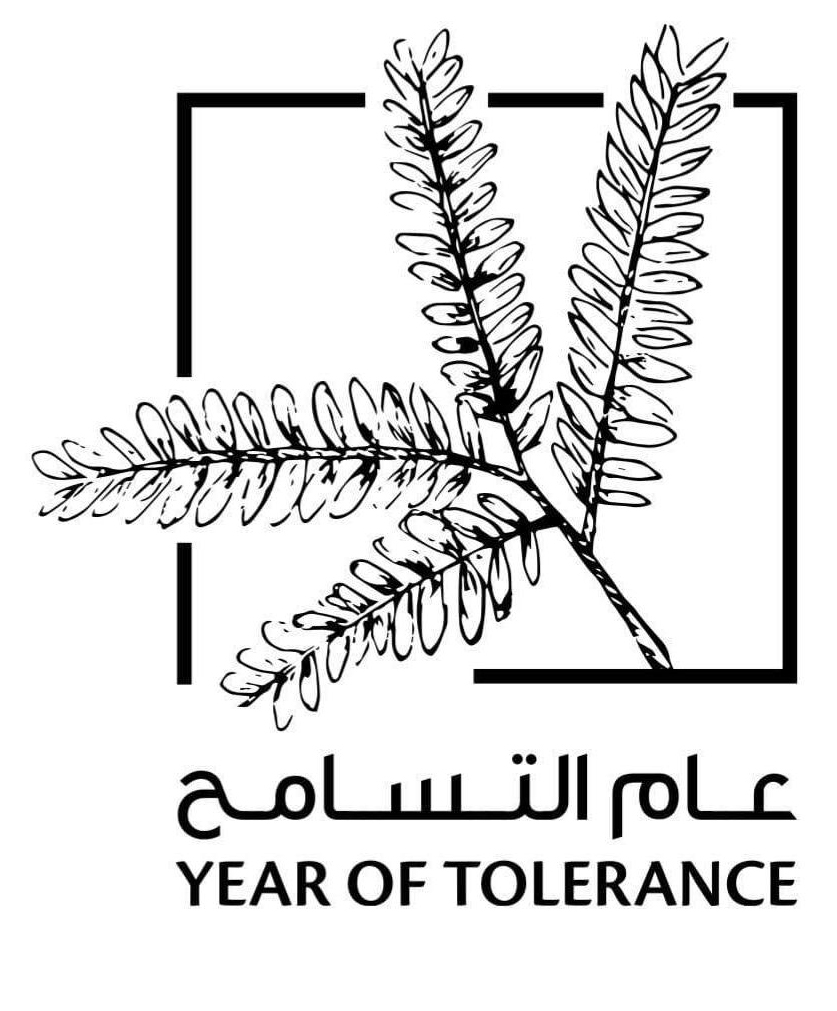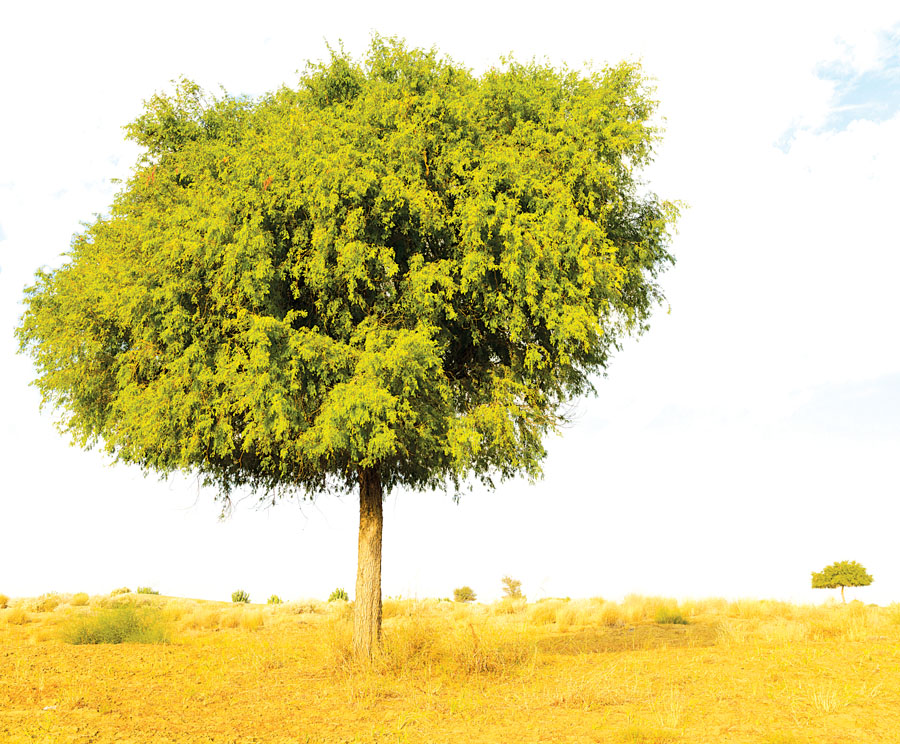DUBAI: Higher education will play a major role in fostering tolerance throughout the world, Arab intellectuals and academics have predicted.
Experts believe the Middle East and North Africa (MENA) region, which in recent years has been wracked by religious radicalism, violent extremism and sectarian strife, will be one of the major beneficiaries.
Tolerance as a state policy received a big boost in 2019 after the UAE proclaimed it the Year of Tolerance in the country.
The initiative has seen a number of events promoting the UAE as “a global capital for tolerance,” with the emphasis on “legislation and policies aimed at entrenching the values of tolerance, dialogue, coexistence and openness to different cultures, especially among youth, which will reflect positively on society as a whole.”
Prof. Einas Sulaiman Al-Eisa, rector at the Princess Nourah bint Abdulrahman University (PNU) in Riyadh, said higher education had a crucial role to play, as it was in a good position to promote tolerant societies.
PNU is the largest university for women in the world, with 39,000 students and more than 2,000 faculty members. Speaking at the recently held World Tolerance Summit in Dubai, Al-Eisa noted that encouraging tolerance, among other values, was deeply rooted in the university.
“Most of our efforts were scattered and fragmented up until the launch of Saudi Arabia’s Vision 2030, which placed tolerance, among other things, at its root,” she said. “We took these values to heart and rose to the challenge of promoting tolerance.”
Through different approaches, the university has been spreading the theme. “If you have an inclusive agenda across all faculties in your admission policies, are merit-based in your recruitment, and hire talent irrespective of their backgrounds, then you are heading in the right direction,” she said.
“It’s a journey from admissions to graduation across academia, a prejudice-free curriculum, and programs instilling values and skills.”

Al-Eisa highlighted the role of a global citizen education, in which education empowered learners to become active promoters of sustainable, tolerant, inclusive, safe and secure societies.
By 2020, PNU aims to send every student on campus on one experience abroad, she said.
Recently, a group of students from the university took part in a female scouts program, joining an international community as the first girls from a Gulf nation. “We can never underestimate the role of sports in promoting tolerance,” Al-Eisa added.
“We are now running an ambitious program across the campus using cognitive behavioral theory to promote positive behavior, exhibiting true values. From the beginning, students are tested for certain skills, and there are customized activities for promoting these skills until they graduate.”
The rector described Saudi Arabia’s leadership as supportive, committed and visionary in spreading the value of tolerance.
The UAE, home to more than 200 nationalities and a multi-religious expatriate community that outnumbers the population of Emirati nationals, is viewed as a beacon of tolerance and peaceful coexistence for millions of people in the Middle East.
The year 2019 saw the UAE create a special Ministry of Tolerance, establish the International Institute for Tolerance, introduce an anti-discrimination and hate act, and set up centers against extremism and terrorism.
Speaking at the World Tolerance Summit, Dr. Abdulatif Mohammed Al-Shamsi, president and CEO of the Higher Colleges of Technology (HCT) in the UAE, said: “Sheikh Zayed (founding father of the UAE) built the basis of the country on tolerance.
“Back in 1974, he ordered the building of three churches in the UAE, and there are many examples. Being open and welcoming is in the DNA of Emiratis.”

The ghaf was chosen as a symbol of the Year of Tolerance by the UAE because of its great significance as an indigenous tree. (SPA)
Al-Shamsi pointed out the need for such sentiments to be carried on through today’s youth and delivered via the academic system, particularly in the age of social media and fake news.
“The HCT have 23,000 students and 84 different nationalities who teach our students,” he told conference delegates. “We conduct different activities and practices all year round (related to tolerance).”
In recent years, the concept of tolerance has expanded regionally to include women’s issues, with many Arab countries working to ensure that women can find representation in leading positions. But more work in this area still needs to be done.
Al-Eisa said Saudi university campuses were mainly populated by young men and women born after 1980 who were diverse, open-minded and community spirited.
“So, the challenges in universities are even greater. It’s not just promoting values; it’s how you assess the progress of those students with these values so we can design (suitable) policies and activities. Because, without measuring the impact, we cannot move forward.”
The PNU aimed to produce critical and independent thinkers, innovators and creators, she added. “Compassion, empathy and gratitude is what we need to focus on.
“Half of our faculty is millennials, which is a strength because they are the most open-minded. But we can’t marginalize others; we have to be very conscious of our unconscious biases to eliminate them.”
In order to contain radicalism, experts stress the need for a positive vision of commonalities rather than differences, given that the human mindset is instinctively drawn to disparities.
“Don’t repeat German history in your country,” said Dr. Hubertus Hoffmann, president and founder of the Global Tolerance Institute in Germany, speaking at the World Tolerance Summit.
“We have to contain radicalism early. If we let them grow, the major problem is the passive majority. So, we have to stand up for our values.”
Education led efforts, but more investment was needed for the promotion of tolerance, he said.
“To have real peace, you need reconciliation and dialogue,” Hoffman added. “Without this, there is no peace strategy. You need hard and soft factors and we tend to invest in hard factors.
“However, it’s not enough to have peace in this region and elsewhere. If we are passive, we won’t succeed. But I am an optimist.”
Halfway across the world, in Colombia, a country torn apart by a drug war and conflicts with leftist groups, work is underway through Movilizatorio, a laboratory that aims to build movement, engagement and participation in peacebuilding.
“We saw the need for it because we knew that the youth needed to be actively participating in the process we are going through in our region,” said Juliana Uribe Villegas, Movilizatorio’s CEO and founder.
“Technology is such an important tool right now, but it doesn’t have value. We need to give value to it and bring tolerance and peace-building value to technology and that’s what we’re doing.”
The company works with young people building platforms to promote peaceful dialogue.
“Tolerance and peace need to be intentional at this time across the world, but we’re not being invited by social media platforms to learn from others,” Villegas said. “Instead, we are being driven to confirm our own biases.
“So intentionally, we need to build a culture and a way of communication which is open to different cultures, dialogue and participation in different things happening in different regions.”
Technology was described as a double-edged sword by Al-Shamsi, because of its potential for enabling radical groups to disseminate negative values.
“It’s becoming more demanding for us as educators to pay attention to the youth and remind them of the great passion of our ancestors of how tolerance was a practice. Technology spreads a lot of junk, but we have to promote values,” he said.
By creating new norms and living and exhibiting them through student contributions and science, Al-Eisa spoke of a changing world. “This is where we’re heading. I prioritize the role of universities because they lead change in the community.”
Hoffmann said a structure to prevent hate, of the kind afflicting countries as far apart as Yemen and Colombia, was of the essence.
“It’s unfortunately very easy to incite hate. The cost of recovering from this hatred was enormous. We know it in Europe. So, we have to give young people the oxygen of freedom as well.
“They must have the freedom to express criticism or it doesn’t work. The main tool is dialogue. You must listen. It’s the mother tongue of humanity,” he added.





























